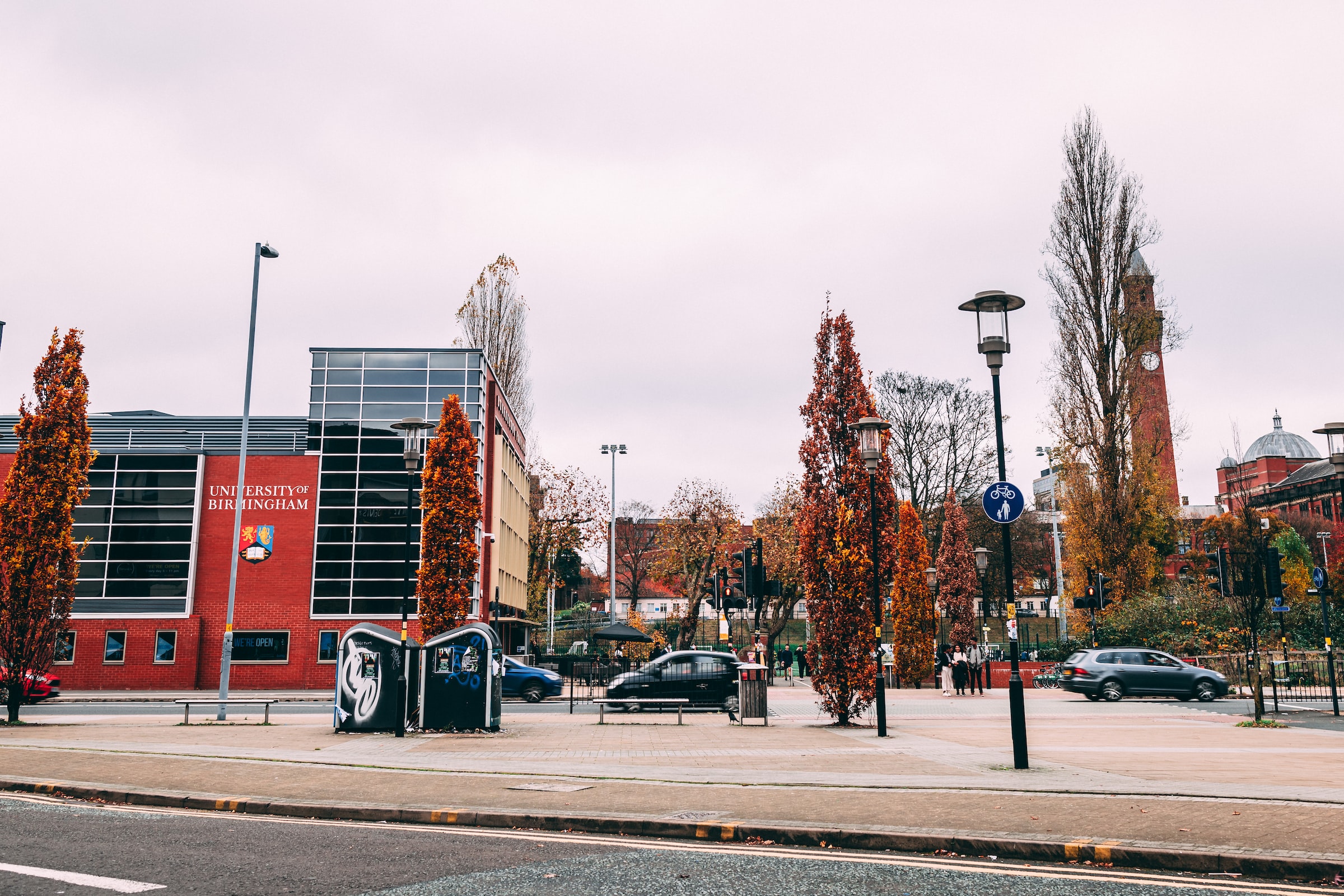
Particularly during lockdown, we shouldn’t have to pay to use the toilet, Megan Addison argues
The COVID-19 pandemic and national lockdowns have restricted access to many facilities, to limit transmission of the virus. This includes the closure of many public toilets and the lack of access to toilets in hospitality venues. Public health is of course a priority and should continue to be treated as such, but what are the wider implications?
In the past year, we have been going on long (socially-distanced) walks with our friends more than ever! I’ve found getting fresh air and exercising to be an absolute saviour in the otherwise monotonous day-to-day. But that sudden need to go to the toilet and knowing that there isn’t one nearby is almost enough to put you off those excursions into nature. In the past year I have certainly had a few moments of ‘toilet fear.’ This is normally quickly followed by despair, inner conflict, and the inevitable question: ‘Can I hold it until I get home?’ Along with the discomfort of a full bladder and the concern of when/where you’re going to have access to a toilet; there is also the issue of sanitation. The closure of public toilets entails limitations on hand-washing facilities. This seems counter-intuitive given that frequently washing your hands has been at the forefront of advice on staying safe this year.
“Bluntly, not having access to a toilet has the potential to be a source of embarrassment
Among those most affected by closed toilets are those dealing with baby-changing and menstruation challenges. It is important that these groups are able to rely on easy and regular access to toilets when out and about, as it is often a large cause of anxiety and distress. It’s easy to empathise with those feelings of apprehension, but this is magnified for those with young children who are less toilet trained and consistent. Bluntly, not having access to a toilet has the potential to be a source of embarrassment. Being able to use the toilet discreetly is important for those suffering with menstruation and specific medical conditions as well as the general toilet-goer. Public toilets often come with the ‘safety blanket’ of a sanitary product dispenser, which aid in emergency situations. Not having access to toilets also means not having access to these back-up products, and there are few things more stressful than realising that you don’t have sanitary products nearby when you need them. This is just another frustrating side-effect of closing toilets.
We all know when you’ve got to go, you’ve got to go! However, there is a long-standing tradition of hospitality venues insisting that using their toilets can only be done if you purchase something from them. This isn’t a COVID-specific issue but appears to be a problematic policy in general. It feels intuitive that access to a toilet when in public should not be something we have to pay for. As I mentioned before, a large part of the importance of toilets is hand-washing facilities, and so paying for access to this seems to infringe on some of our rights to sanitation. If you bought and drank a cup of tea every time you needed the toilet in public, you’d end up in a vicious cycle of needing the toilet only to drink more fluids in order to use the toilet. You would also probably spend so much time in café toilets that they’d start asking for rent! Jokes aside, this issue seems to unfairly and disproportionally affect those suffering from countless conditions including IBS, Crohn’s Disease and those recovering from invasive bladder treatments. Perhaps the recent closure of public toilets will shine a light on how essential they are and will allow business owners to reconsider their harsh conditions of use.
“If you find yourself in desperate need for a public toilet, the website Lockdown Loo offers an extensive database of currently open toilets
The opening of outside hospitality offers the comfort of knowing that some toilets will be accessible again from 12 April. This easing of some restrictions permits the use of toilets in cafes, restaurants, and pubs once more. However, if you find yourself in desperate need for a public toilet, the website ‘Lockdown Loo’ offers an extensive database of currently open toilets, in accordance with government guidelines. Let’s hope for brighter days with plenty of loos soon!
Read More on Lockdown Life:
A Guide To: Creating Your Lockdown Work Experience
Comments